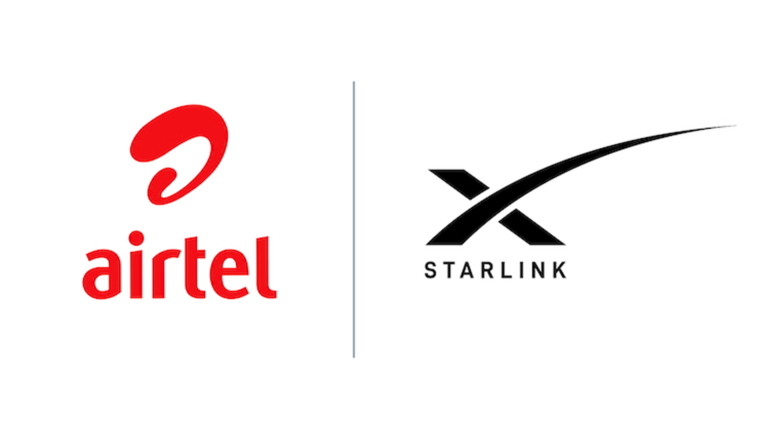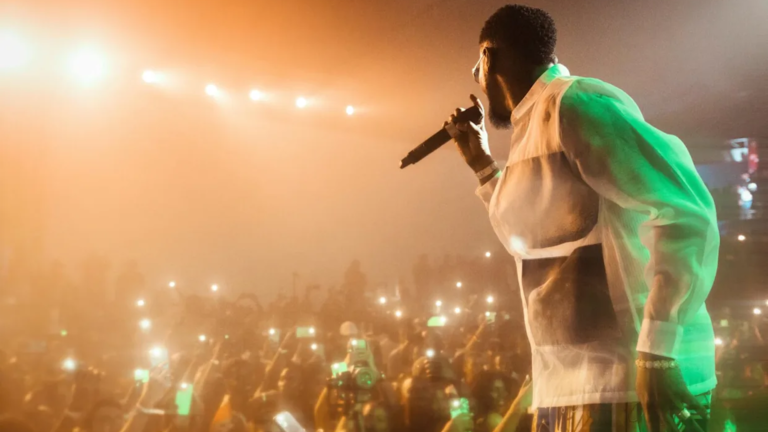Nigeria has thrown its hat into the AI arena with a project that’s as ambitious as it is cultural. The Nigerian Atlas for Languages and AI at Scale (N-ATLAS) isn’t just another tech buzzword, it’s a multilingual large language model built to protect and power over 500 local tongues. Backed by Awarri and supported by …

Nigeria’s NATLAS: Giving AI a Mother Tongue

Nigeria has thrown its hat into the AI arena with a project that’s as ambitious as it is cultural. The Nigerian Atlas for Languages and AI at Scale (N-ATLAS) isn’t just another tech buzzword, it’s a multilingual large language model built to protect and power over 500 local tongues.
Backed by Awarri and supported by The Gates Foundation, N-ATLAS aims to halt the quiet extinction of indigenous languages in a world where English, French, and a handful of others dominate. But this isn’t just about nostalgia or cultural pride, it’s about rewriting the script for Africa’s digital future.
Think of it this way: a child in Kano could learn math from an AI tutor speaking Hausa; a farmer in Enugu could get health advice in Igbo; and traders in Lagos could receive commerce updates in Yoruba. By embedding indigenous languages into AI systems, Nigeria isn’t just preserving heritage, it’s hacking digital inclusion.
Dr. Bosun Tijani, Minister of Communications, Innovation and Digital Economy, summed it up neatly: this is about putting African voices at the center of the AI conversation, not as a footnote but as the main text.
From education to healthcare, commerce to governance, N-ATLAS is Nigeria’s bold bet that technology should sound like its people. After all, the future of AI shouldn’t just speak, it should speak your language.






